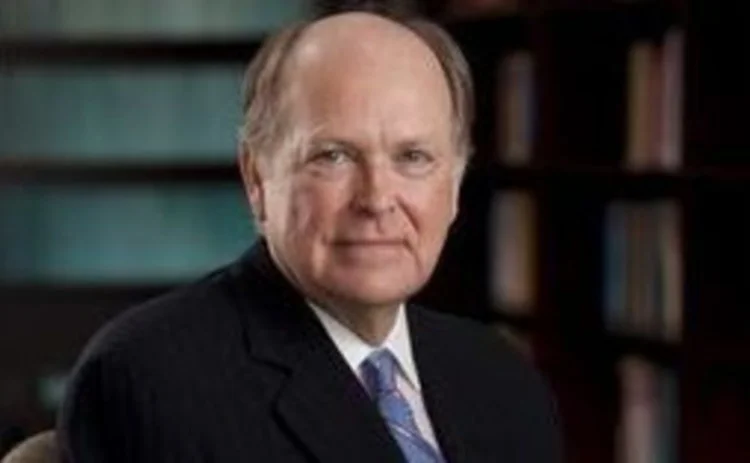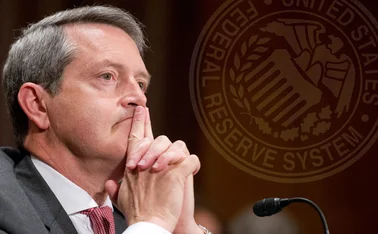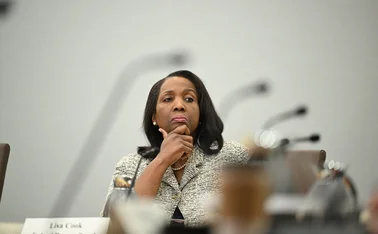
Fed’s Plosser calls for rules for crisis-fighting measures

The Federal Reserve risks losing its credibility and exacerbating moral hazard unless it adopts a rules-based approach to its exceptional monetary policy measures, Charles Plosser, the president of the Philadelphia Federal Reserve Bank, said on Friday.
"Central bank independence is no guarantee that time-inconsistency problems that are inherent in monetary policymaking will be mitigated without explicit rules and constraints," Plosser said in Zurich. "Having the ability to make credible
Only users who have a paid subscription or are part of a corporate subscription are able to print or copy content.
To access these options, along with all other subscription benefits, please contact info@centralbanking.com or view our subscription options here: www.centralbanking.com/subscriptions
You are currently unable to print this content. Please contact info@centralbanking.com to find out more.
You are currently unable to copy this content. Please contact info@centralbanking.com to find out more.
Copyright Infopro Digital Limited. All rights reserved.
As outlined in our terms and conditions, https://www.infopro-digital.com/terms-and-conditions/subscriptions/ (point 2.4), printing is limited to a single copy.
If you would like to purchase additional rights please email info@centralbanking.com
Copyright Infopro Digital Limited. All rights reserved.
You may share this content using our article tools. As outlined in our terms and conditions, https://www.infopro-digital.com/terms-and-conditions/subscriptions/ (clause 2.4), an Authorised User may only make one copy of the materials for their own personal use. You must also comply with the restrictions in clause 2.5.
If you would like to purchase additional rights please email info@centralbanking.com







